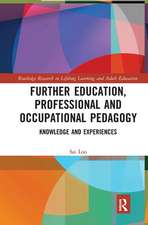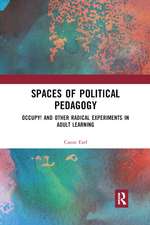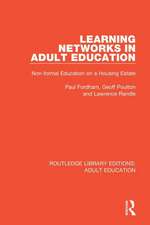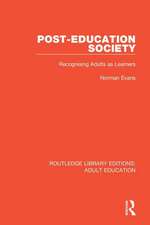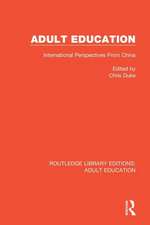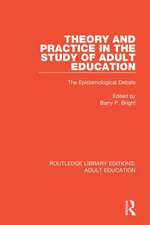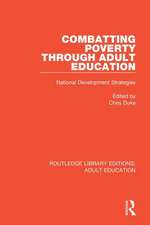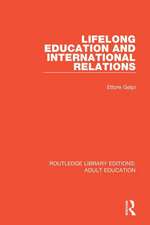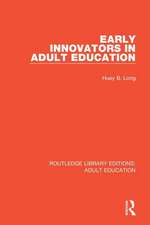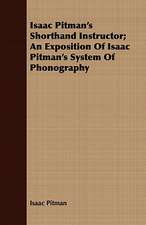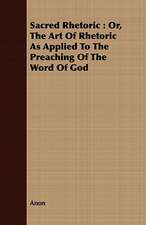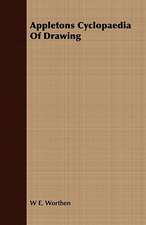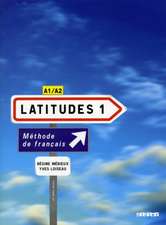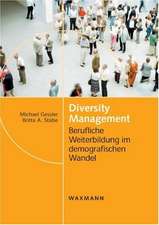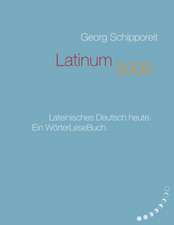A Critical Auto/Ethnography of Learning Spanish: Intercultural competence on the gringo trail?
Autor Phiona Stanleyen Limba Engleză Hardback – 21 noi 2016
Toate formatele și edițiile
| Toate formatele și edițiile | Preț | Express |
|---|---|---|
| Paperback (1) | 389.38 lei 6-8 săpt. | |
| Taylor & Francis – 26 sep 2019 | 389.38 lei 6-8 săpt. | |
| Hardback (1) | 1054.58 lei 6-8 săpt. | |
| Taylor & Francis – 21 noi 2016 | 1054.58 lei 6-8 săpt. |
Preț: 1054.58 lei
Preț vechi: 1286.07 lei
-18% Nou
Puncte Express: 1582
Preț estimativ în valută:
201.80€ • 215.79$ • 168.25£
201.80€ • 215.79$ • 168.25£
Carte tipărită la comandă
Livrare economică 17 aprilie-01 mai
Preluare comenzi: 021 569.72.76
Specificații
ISBN-13: 9781138898950
ISBN-10: 1138898953
Pagini: 192
Ilustrații: 20
Dimensiuni: 156 x 234 mm
Greutate: 0.45 kg
Ediția:1
Editura: Taylor & Francis
Colecția Routledge
Locul publicării:Oxford, United Kingdom
ISBN-10: 1138898953
Pagini: 192
Ilustrații: 20
Dimensiuni: 156 x 234 mm
Greutate: 0.45 kg
Ediția:1
Editura: Taylor & Francis
Colecția Routledge
Locul publicării:Oxford, United Kingdom
Public țintă
Postgraduate and ProfessionalCuprins
1. Becoming Interculturally Competent in ‘Spanishtown’?
2. Theorizing Intercultural Competence
3. Research Processes and Intrigues
4. Learning Spanish in Latin America
5. Discourses of Others: Talking about ‘Them’ and ‘Us’
6. Learning From and Negotiating with Cultural ‘Others’
7. Voluntourism: Practicing on the Community?
8. Findings: Doing and Developing Intercultural Competence
9. Revisiting Methodology
10. Suggestions and Teaching Activities
2. Theorizing Intercultural Competence
3. Research Processes and Intrigues
4. Learning Spanish in Latin America
5. Discourses of Others: Talking about ‘Them’ and ‘Us’
6. Learning From and Negotiating with Cultural ‘Others’
7. Voluntourism: Practicing on the Community?
8. Findings: Doing and Developing Intercultural Competence
9. Revisiting Methodology
10. Suggestions and Teaching Activities
Recenzii
"A must have resource for anyone contemplating an edutourism experience with Spanish" - Barbara J. Merino, Professor, University of California, Davis
"This book brings fresh insights to our understanding of intercultural competence as a key aspect of language learning in a globalised world. Inspired by Stanley’s own experience as a backpacker learning Spanish in Latin America, and drawing on contemporary narratives of everyday people involved in language learning and teaching, it illuminates the field through a unique combination of critical ethnography and autoethnography. Stanley’s sharp eye for detail, and her rich theoretical analysis, make this volume a must for any language studies scholar interested in new ways of approaching intercultural connection and competence." - Roslyn Appleby, Senior Lecturer, University of Technology, Sydney
"This book brings fresh insights to our understanding of intercultural competence as a key aspect of language learning in a globalised world. Inspired by Stanley’s own experience as a backpacker learning Spanish in Latin America, and drawing on contemporary narratives of everyday people involved in language learning and teaching, it illuminates the field through a unique combination of critical ethnography and autoethnography. Stanley’s sharp eye for detail, and her rich theoretical analysis, make this volume a must for any language studies scholar interested in new ways of approaching intercultural connection and competence." - Roslyn Appleby, Senior Lecturer, University of Technology, Sydney
Descriere
This study contributes to theoretical understandings of how intercultural competence develops through intercultural contact situations through a detailed, multiple case study of three conceptually comparable contexts in which Western backpackers study Spanish in Latin America. The study is a critical ethnography with elements of autoethnographic reflection. The book therefore also contributes to development of this qualitative research methodology and provides an empirical example of its application.


